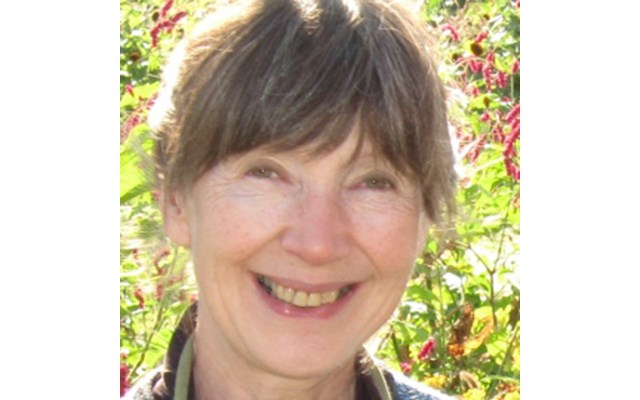Many local residents have voiced concerns about losing their sense of community.
The feeling of connectedness -— to one another, to the place — which is the basis of a community, is waning in Richmond, for a myriad of reasons.
Mayor Brodie (Letter, Dec. 10) has a formulaic solution for this problem.
He lists ways in which he believes the city is providing its residents with possibilities for connecting — new sportsgrounds, playgrounds, gathering places, facilities.
Yes, there are lots of new buildings and new grounds, but monuments alone can’t heal a fractured community spirit.
Feeling connected doesn’t happen instantaneously.
It’s not a condition that materializes upon command — it blooms slowly.
A basic prerequisite of connectedness is familiarity.
We, however, are rapidly losing what is familiar about Richmond, what many of us loved most about this place, what kept us here.
We’re seeing the face of Richmond change practically in the blink of an eye — green spaces are gobbled up by parking lots and highrises, perfectly sound houses are demolished and healthy big trees are felled to make way for constructions that don’t attempt to blend in with the old neighbourhoods.
The gated mansions are way out of scale and often stand empty or function as hotels.
They represent values and priorities that many of us find disturbing.
The worst of it is that we seem to be helpless to stop this trend.
With the physical structure of our familiar community disintegrating all around us, how can we not feel disconnected?
The importance of what’s familiar seems to be overlooked by those in power.
And yet the origin of the word indicates that it’s been a key element in the lives of humans for thousands of years.
Familiar, familiarity, family all derive from the Latin “famulus,” meaning servant.
In ancient Rome, the household was a hierarchy of members — imagine a pyramid with the supporting base formed by the servants, and at the apex the paterfamilias (literally father of the family), guiding and protecting those in his charge.
In the 17th century the term family came to refer to persons related by blood, regardless of whether or not they were part of the same household.
A familiar place, familiar surroundings, can give us comfort and security, as well as a sense of identity, of belonging.
And when we feel comfortable, secure and as if we belong, we also feel connected.
Think more about what is familiar and you’ll soon be thinking of heritage, a word that together with inheritance, hereditary and heirloom comes from the Latin for heir, “heres.”
A much discussed aspect of Richmond’s heritage is its historic sites — our rapidly diminishing inheritance. Stevestonite Kathleen Beaumont, formerly of the Richmond Heritage Commission, reveals the gravity of the situation in a recent story in the paper (“As Cannery Cafe closes ...”, Dec. 18), focusing on the sale of Steveston’s century-old cannery cookhouse, which became the Cannery Cafe, a familiar rendezvous for locals.
My wish for the new year?
A halt to irreverent destruction and misguided development, so that what was once a strong community spirit won’t be totally snuffed out.
Sabine Eiche is a writer and art historian (Members.shaw.ca/seiche)



